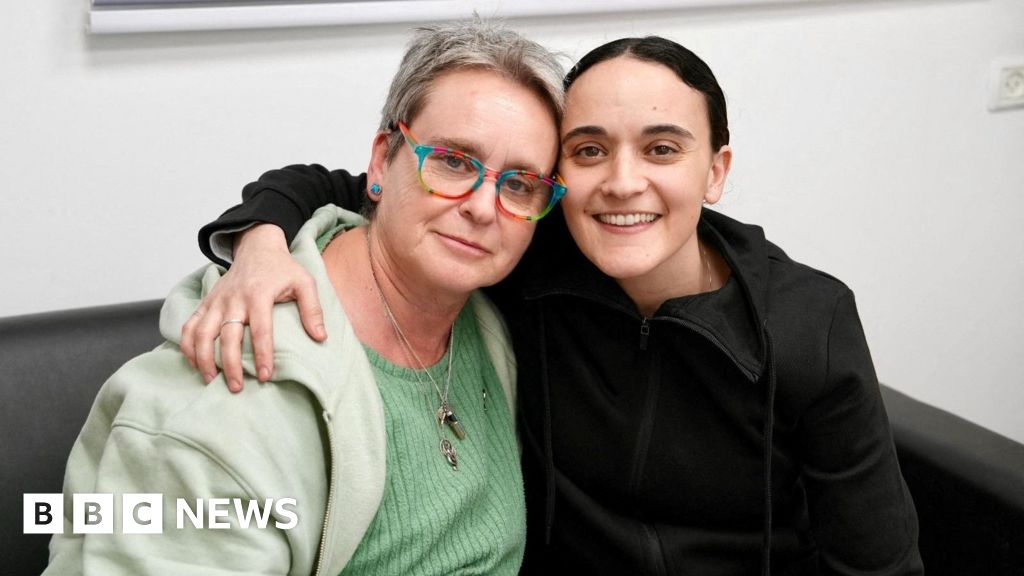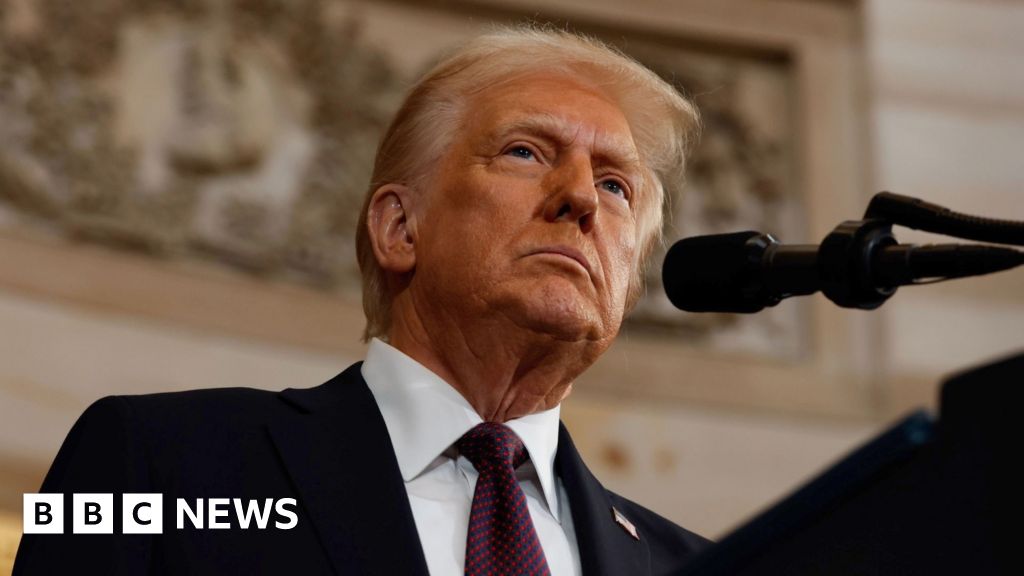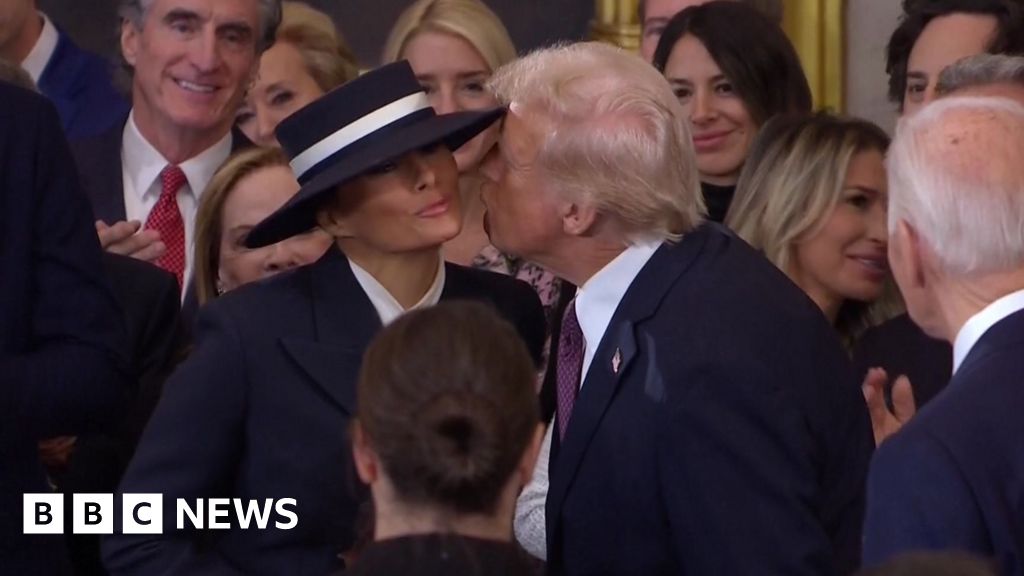ARTICLE AD BOX
The US has reversed its ban on products sold by Juul, one of the country's top e-cigarette companies.
The ban was put in place in 2022 by the US Food and Drug Administration (FDA) as the country saw a rapid rise in vaping use by teenagers.
The FDA said the change didn't amount to authorising the products for sale and that a full review of Juul's products is pending.
The firm's products have remained on shelves while it appealed the FDA's initial decision and they will continue to be available.
In a statement on Thursday, the company said it appreciated the FDA decision and will work with the agency to pursue a marketing authorisation for its products.
All e-cigarette products are required to have FDA authorisation to be legally marketed.
On Thursday, the FDA said the action is " being taken, in part, as a result of the new case law, as well as the FDA’s review of information provided by the applicant".
Juul, which was founded in California in 2015 by a pair of smokers, has marketed itself as a healthier alternative to traditional cigarettes.
But the products, which contain high concentrations of nicotine, drew criticism as use among teenagers exploded over the last few years.
Critics blamed the rise on the colourful packaging, a variety of flavours and the use of young models in marketing campaigns.
Last year, about one in every 10 high school students reported that they'd used an e-cigarette in the past 30 days.
That number was one in every 22 middle school students, according to the US Centers for Disease Control and Prevention.
In 2022 - when the FDA banned the products - the agency said the company's applications didn't include "sufficient evidence" to show the marketing of the products met public health standards required by law.
It specifically noted potentially harmful chemicals leaching from e-liquid pods.
That same year, the company settled more than 5,000 US vaping lawsuits after it was accused of targeting teenagers and separately, agreed to pay hundreds of millions to end a review of its advertising practices.

 7 months ago
20
7 months ago
20








 English (US) ·
English (US) ·